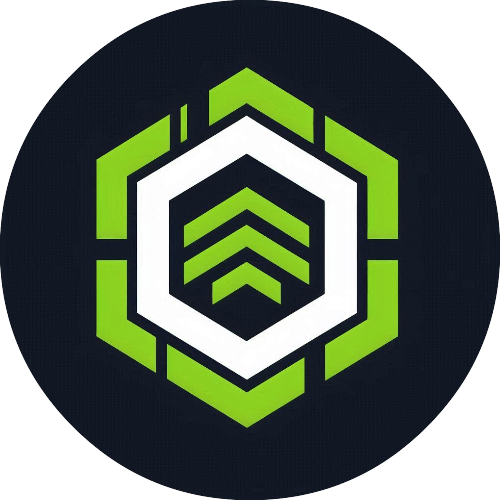Regreso hoy, miércoles, a esta comunidad #HolosLotus, que siempre digo que siento como mi casa, motivada por la amiga @charjaim, quien me ha hecho reflexionar una vez más y pensar que hay días en los que el título de doctora pesa más que los años de estudio, las guardias sin dormir o el esfuerzo por salvar vidas. No es solo la responsabilidad de diagnosticar y tratar, sino que cuentan esos momentos en los que, como médicos, debemos tragar saliva, apretar los puños en silencio y respirar hondo para no perder la calma, porque la medicina no es solo ciencia, es también lidiar con el dolor ajeno, con el miedo irracional y hasta con la desconfianza de quienes creen que no sabemos lo suficiente.
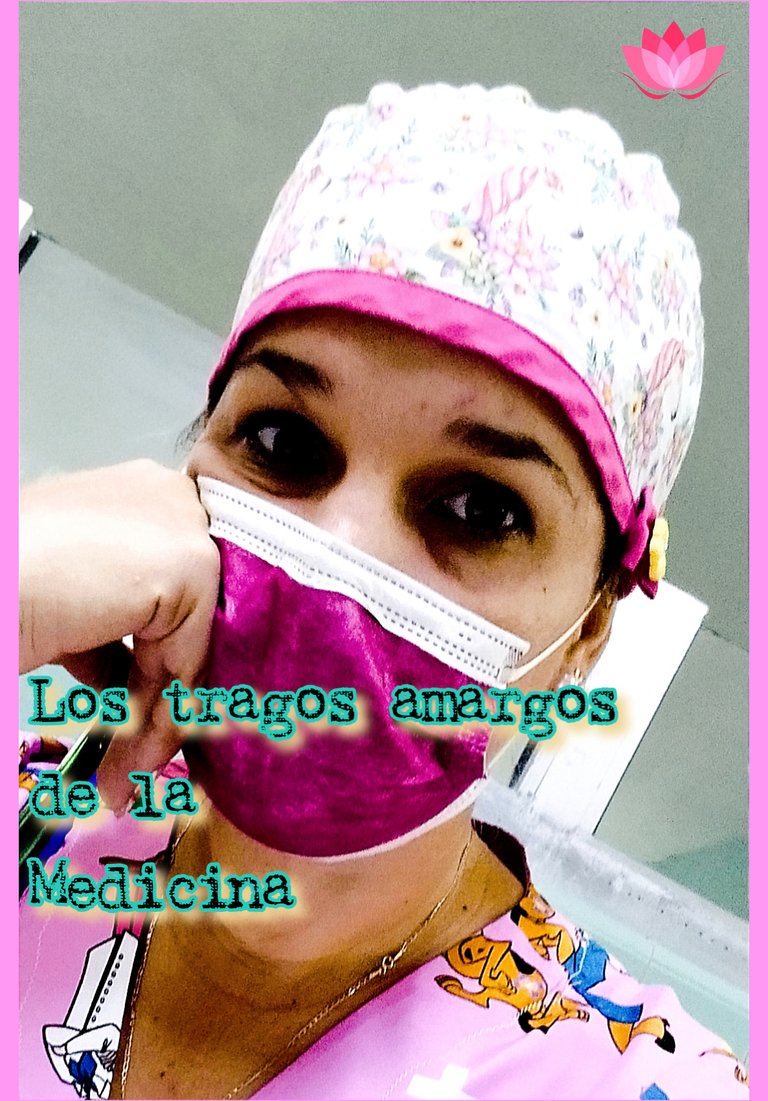
Soy neuróloga pediátrica, y en estos momentos soy la única en mi hospital, lo que significa que cuando un niño llega con convulsiones, retraso en el desarrollo psicomotor, una cefalea con signos de alarma o síntomas neurológicos extraños, soy yo quien debe descifrar el rompecabezas. Muchas veces el diagnóstico es claro: epilepsia, parálisis cerebral, una migraña clásica, pero otras, es una incógnita que requiere tiempo y estudios. Pese a todos los años de carrera, hay algo que ningún libro me enseñó, y es cómo manejar la frustración cuando, después de dar un diagnóstico con empatía y evidencias, los padres deciden no confiar en lo que digo.
Sé y entiendo que es humano buscar segundas opiniones. Una vez diagnostiqué a un niño con epilepsia mioclónica y expliqué todo con detalles: tratamiento, pronóstico, los cuidados, pero la madre, en lugar de preguntar dudas razonables, me dijo que otro médico había dicho que la causa solo podía haber sido estrés. Dos meses después, volvió con empeoramiento e incremento de las crisis por el abandono del tratamiento. No creo haber dicho se lo dije, pero respiré y seguí la consulta.
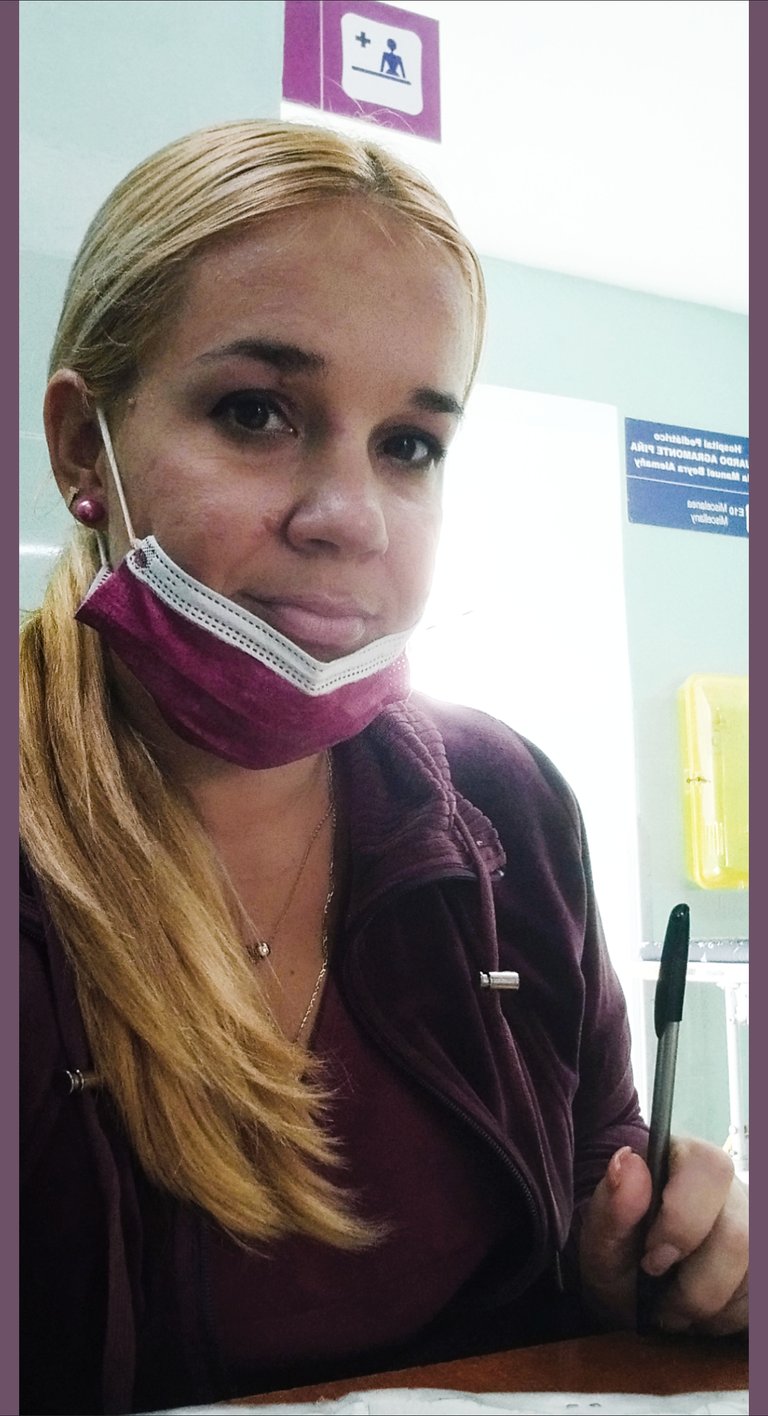
Peor aún es la negación. La negación es un mecanismo de defensa comprensible, pero agotador, pues hay padres que prefieren creer en curas milagrosas antes que aceptar un diagnóstico, y entonces aparece la frase que tanto nos molesta a los médicos: En Internet yo busqué y dice que…
En cierta ocasión, un padre me gritó en pleno pasillo que yo solo quería drogar a su hijo, refiriéndose al antiepiléptico que había indicado, y meses después regresó cabizbajo cuando el cuadro había empeorado. Al final, de alguna forma siempre tengo la compensación, porque al fin y al cabo mi trabajo es ese: velar por el niño y jamás ganar discusiones.
Luego están los que exigen estudios innecesarios, como si la medicina fuera un menú de opciones, pero ya los años me han enseñado que es más fácil acceder que explicar por décima vez que un análisis de sangre no diagnostica el autismo o que una tomografía no detecta una discapacidad intelectual.
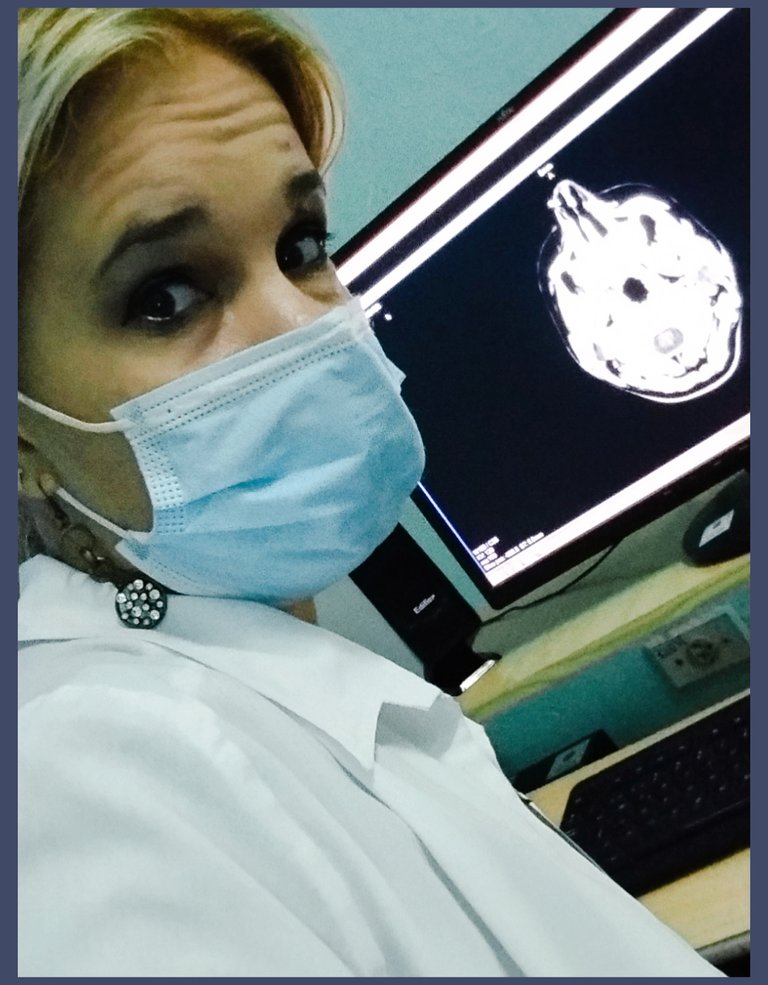
Les confieso que lo más difícil no es contener el enojo, sino no permitir que la desconfianza ajena pueda resquebrajar la seguridad en ti misma. Al final, lo que salva es recordar por qué elegimos esto. Lo elegimos precisamente por esos padres que sí escuchan y que agradecen con lágrimas en los ojos, y por los niños que, años después, te abrazan en la calle.
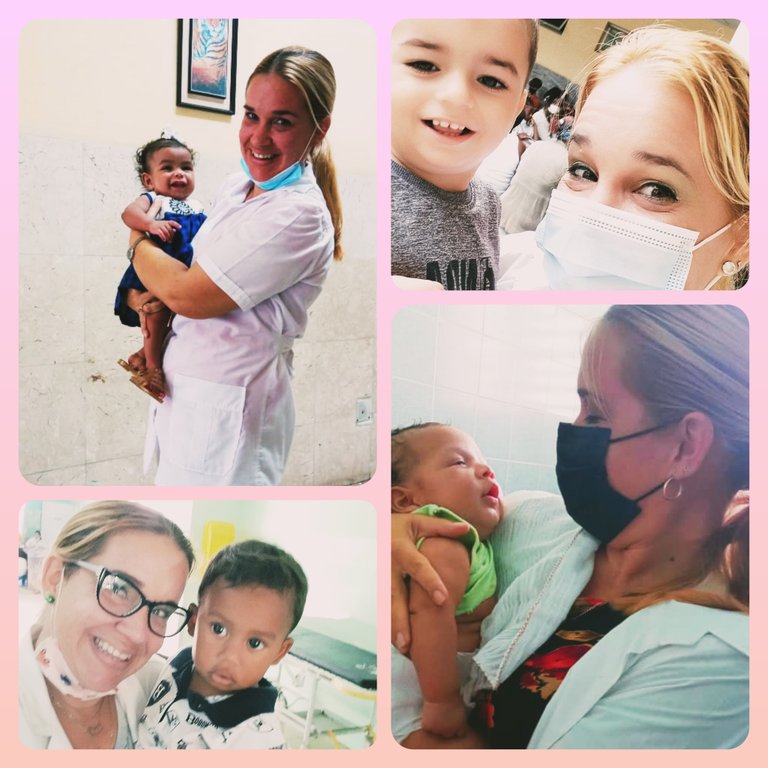
Así que toca tragar saliva, muchas veces amarga, porque detrás de la bata pueden estar seguros de que hay un corazón que late fuerte, incluso cuando duele.
💌 Les dejo mi abrazo y mi invitación a @yuraimatc y a @cumanauta a buscar entre sus vivencias más de esos tragos amargos que la vida nos obliga a soportar.
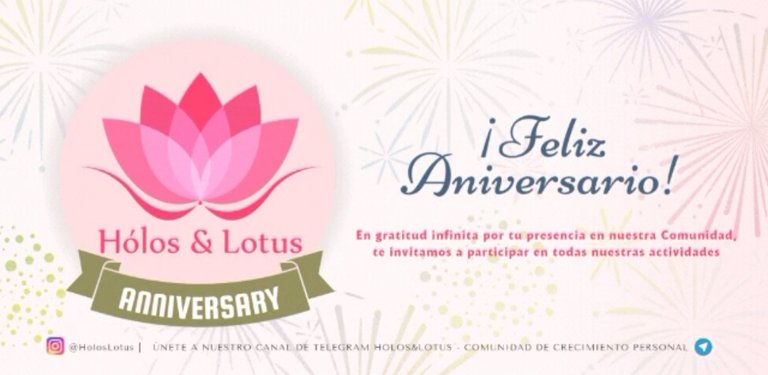
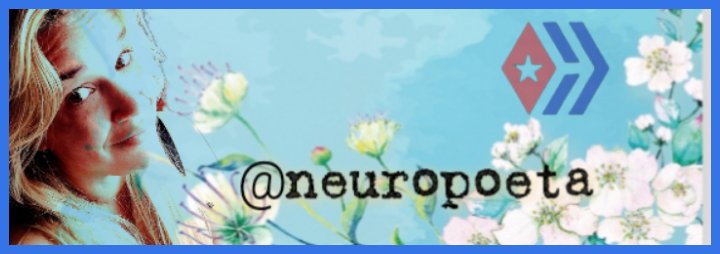
✨ ¡𝑮𝒓𝒂𝒄𝒊𝒂𝒔 𝒑𝒐𝒓 𝒍𝒆𝒆𝒓! ✨
𝑺𝒊 𝒂ú𝒏 𝒏𝒐 𝒎𝒆 𝒄𝒐𝒏𝒐𝒄𝒆𝒔: 𝒔𝒐𝒚 𝒏𝒆𝒖𝒓ó𝒍𝒐𝒈𝒂 𝒚 𝒆𝒔𝒄𝒓𝒊𝒕𝒐𝒓𝒂 𝒄𝒖𝒃𝒂𝒏𝒂, 𝒎𝒂𝒅𝒓𝒆, 𝒎𝒖𝒋𝒆𝒓 𝒚 𝒔𝒐ñ𝒂𝒅𝒐𝒓𝒂 𝒒𝒖𝒆 𝒆𝒏𝒄𝒐𝒏𝒕𝒓ó 𝒆𝒏 𝑯𝒊𝒗𝒆 𝒖𝒏 𝒉𝒆𝒓𝒎𝒐𝒔𝒐 𝒆𝒔𝒑𝒂𝒄𝒊𝒐 𝒑𝒂𝒓𝒂 𝒗𝒐𝒍𝒂𝒓.
𝑬𝒍 𝒕𝒆𝒙𝒕𝒐 𝒚 𝒍𝒂𝒔 𝒊𝒎á𝒈𝒆𝒏𝒆𝒔 𝒔𝒐𝒏 𝒅𝒆 𝒎𝒊 𝒂𝒖𝒕𝒐𝒓í𝒂, 100% 𝒉𝒖𝒎𝒂𝒏𝒐𝒔 (𝒔𝒊𝒏 𝑰𝑨).
𝑩𝒂𝒏𝒏𝒆𝒓 𝒅𝒊𝒔𝒆ñ𝒂𝒅𝒐 𝒑𝒐𝒓 𝑳𝒖𝒎𝒊𝒊.
¿𝑻𝒆 𝒈𝒖𝒔𝒕ó 𝒆𝒔𝒕𝒂 𝒑𝒖𝒃𝒍𝒊𝒄𝒂𝒄𝒊ó𝒏? 𝑽𝒐𝒕𝒂, 𝒄𝒐𝒎𝒆𝒏𝒕𝒂 𝒐 𝒓𝒆𝒃𝒍𝒐𝒈𝒖𝒆𝒂 𝒑𝒂𝒓𝒂 𝒂𝒚𝒖𝒅𝒂𝒓 𝒂 𝒅𝒆𝒔𝒑𝒍𝒆𝒈𝒂𝒓 𝒆𝒔𝒕𝒂𝒔 𝒂𝒍𝒂𝒔. 💛

ENGLISH VERSION

The Bitter Pills of Medicine and When Taking a Deep Breath Is Part of the Job
I return today, Wednesday, to this #HolosLotus community, which I always say feels like home, motivated by my friend @charjaim, who has made me reflect once again and realize that there are days when the title of doctor weighs more than the years of study, the sleepless shifts, or the effort to save lives. It’s not just the responsibility of diagnosing and treating, but also those moments when, as doctors, we must swallow our pride, clench our fists in silence, and take a deep breath to stay calm, because medicine is not just science—it’s also dealing with others' pain, irrational fear, and even the distrust of those who think we don’t know enough.

I am a pediatric neurologist, and right now, I am the only one in my hospital, which means that when a child arrives with seizures, developmental delays, a headache with warning signs, or strange neurological symptoms, I am the one who must solve the puzzle. Often, the diagnosis is clear: epilepsy, cerebral palsy, classic migraines. But other times, it’s a mystery that requires time and tests. Despite all the years of training, there’s one thing no book taught me: how to handle the frustration when, after giving a diagnosis with empathy and evidence, parents choose not to trust what I say.
I know and understand that seeking second opinions is human. Once, I diagnosed a child with myoclonic epilepsy and explained everything in detail: treatment, prognosis, care. But instead of asking reasonable questions, the mother told me another doctor had said the cause could only be stress. Two months later, she returned with worsening and increased seizures due to abandoning the treatment. I don’t think I said I told you so, but I took a breath and continued the consultation.

Even worse is denial. Denial is an understandable defense mechanism, but it’s exhausting, because some parents prefer to believe in miracle cures rather than accept a diagnosis. And then comes the phrase that bothers us doctors so much: I looked it up online, and it says that…
On one occasion, a father yelled at me in the hallway, accusing me of just wanting to drug his child, referring to the antiepileptic I had prescribed. Months later, he returned with his head down when the condition had worsened. In the end, I always find some form of compensation, because my job is, after all, to watch over the child—never to win arguments.
Then there are those who demand unnecessary tests, as if medicine were a menu of options. But the years have taught me that it’s easier to give in than to explain for the tenth time that a blood test doesn’t diagnose autism or that a CT scan won’t detect an intellectual disability.

I confess that the hardest part isn’t holding back anger, but not letting others' distrust crack your self-confidence. In the end, what saves us is remembering why we chose this path. We chose it precisely for those parents who do listen and thank us with tears in their eyes, and for the children who, years later, hug us on the street.

So we swallow our pride, often bitter, because behind the white coat, you can be sure there’s a heart that beats strong—even when it hurts.
💌 I leave you my embrace and invite @yuraimatc and @cumanauta to search within their own experiences for more of those bitter pills that life forces us to endure.


✨ 𝑻𝒉𝒂𝒏𝒌𝒔 𝒇𝒐𝒓 𝒓𝒆𝒂𝒅𝒊𝒏𝒈! ✨
𝑰𝒇 𝒚𝒐𝒖 𝒅𝒐𝒏’𝒕 𝒌𝒏𝒐𝒘 𝒎𝒆 𝒚𝒆𝒕—𝑰’𝒎 𝒂 𝑪𝒖𝒃𝒂𝒏 𝒏𝒆𝒖𝒓𝒐𝒍𝒐𝒈𝒊𝒔𝒕 𝒂𝒏𝒅 𝒘𝒓𝒊𝒕𝒆𝒓, 𝒂 𝒎𝒐𝒕𝒉𝒆𝒓, 𝒂 𝒘𝒐𝒎𝒂𝒏, 𝒂𝒏𝒅 𝒂 𝒅𝒓𝒆𝒂𝒎𝒆𝒓 𝒘𝒉𝒐’𝒔 𝒇𝒐𝒖𝒏𝒅 𝒊𝒏 𝑯𝒊𝒗𝒆 𝒂 𝒃𝒆𝒂𝒖𝒕𝒊𝒇𝒖𝒍 𝒔𝒑𝒂𝒄𝒆 𝒕𝒐 𝒔𝒐𝒂𝒓.
𝑨𝒍𝒍 𝒕𝒆𝒙𝒕 𝒂𝒏𝒅 𝒊𝒎𝒂𝒈𝒆𝒔 𝒂𝒓𝒆 𝒎𝒚 𝒐𝒓𝒊𝒈𝒊𝒏𝒂𝒍 𝒄𝒓𝒆𝒂𝒕𝒊𝒐𝒏𝒔, 100% 𝒉𝒖𝒎𝒂𝒏-𝒎𝒂𝒅𝒆 (𝒏𝒐 𝑨𝑰).
𝑩𝒂𝒏𝒏𝒆𝒓 𝒅𝒆𝒔𝒊𝒈𝒏𝒆𝒅 𝒃𝒚 𝑳𝒖𝒎𝒊𝒊.
𝑳𝒐𝒗𝒆𝒅 𝒕𝒉𝒊𝒔 𝒑𝒐𝒔𝒕? 𝑼𝒑𝒗𝒐𝒕𝒆, 𝒄𝒐𝒎𝒎𝒆𝒏𝒕, 𝒐𝒓 𝒓𝒆𝒃𝒍𝒐𝒈 𝒕𝒐 𝒔𝒑𝒓𝒆𝒂𝒅 𝒕𝒉𝒆 𝒘𝒊𝒏𝒈𝒔 𝒐𝒇 𝒄𝒓𝒆𝒂𝒕𝒊𝒗𝒊𝒕𝒚! 💛

